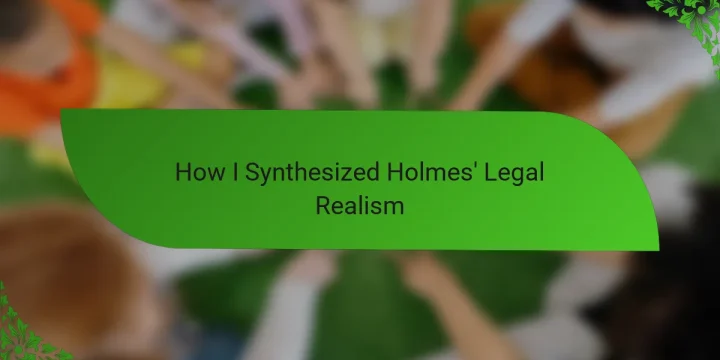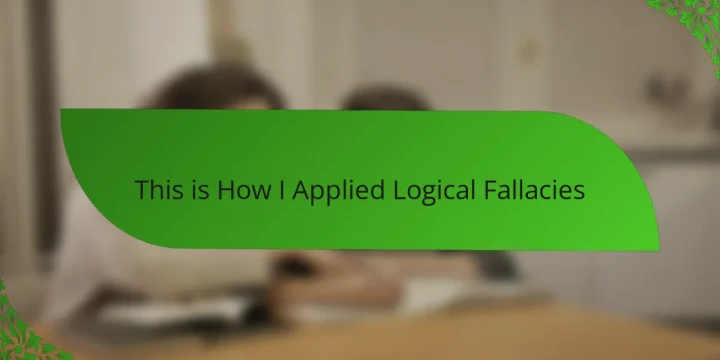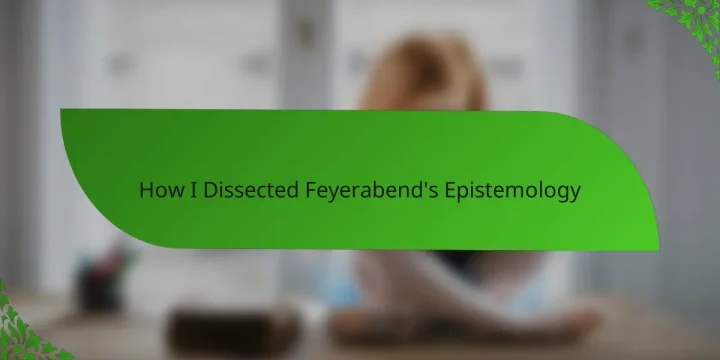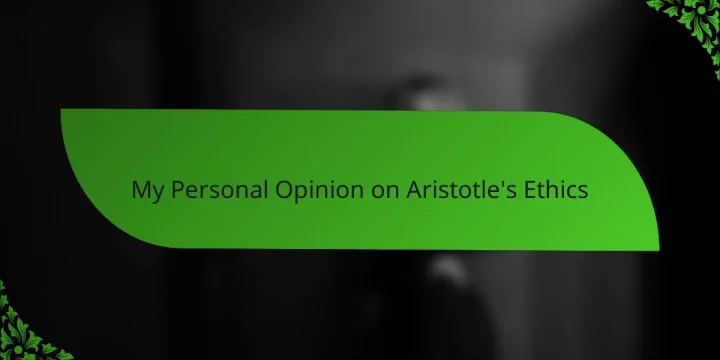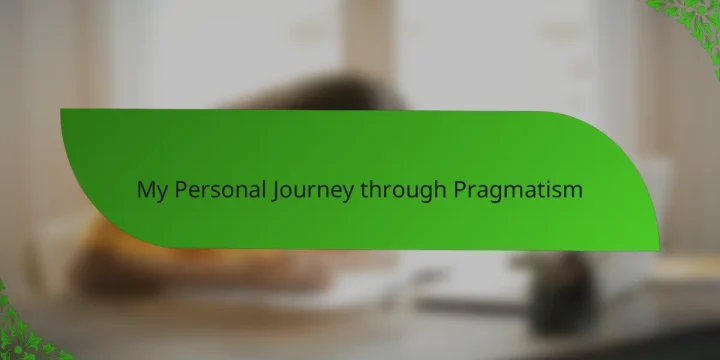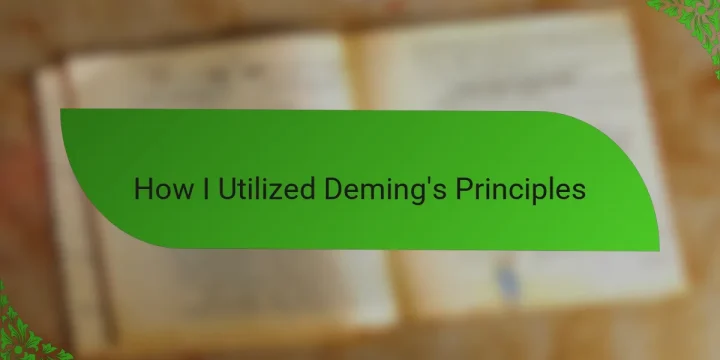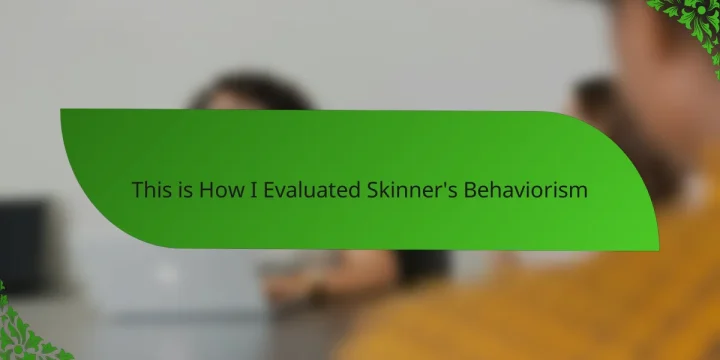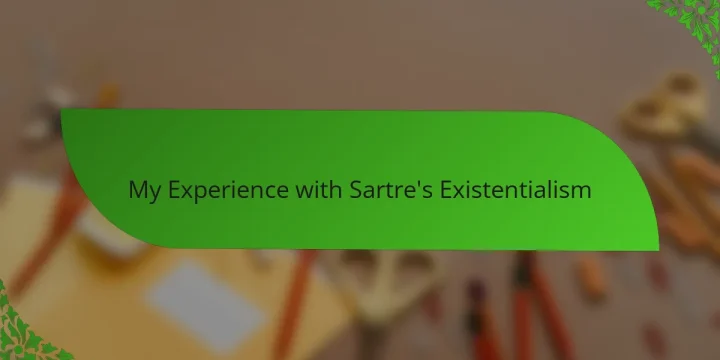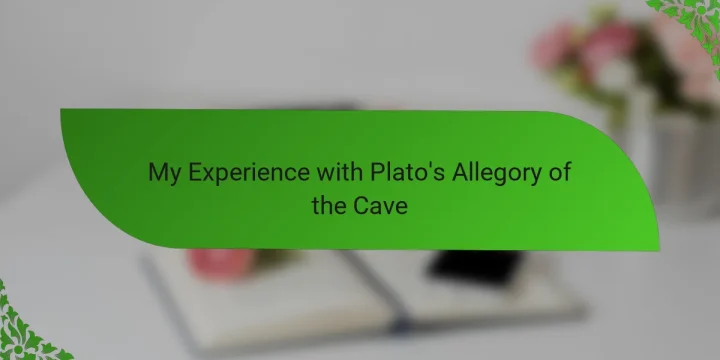
Key takeaways The Allegory of the Cave emphasizes the importance of questioning our perceptions and the discomfort connected with seeking deeper knowledge. True learning is portrayed as an ongoing journey of moving from darkness (ignorance) to light (understanding), encouraging curiosity and critical thinking. Education should foster an environment where doubts and challenges are welcomed, allowing students to explore their beliefs and assumptions freely. Plato’s teachings transform education into a path of enlightenment, motivating learners to become active explorers rather than passive recipients of information. Understanding the Allegory of the Cave Plato’s Allegory of the Cave paints a vivid picture of prisoners chained inside a dark cave, forced to watch shadows flickering on a wall. I remember the first time I really grasped this image—it felt like looking into a mirror…
